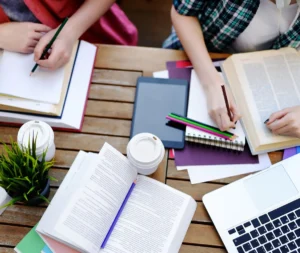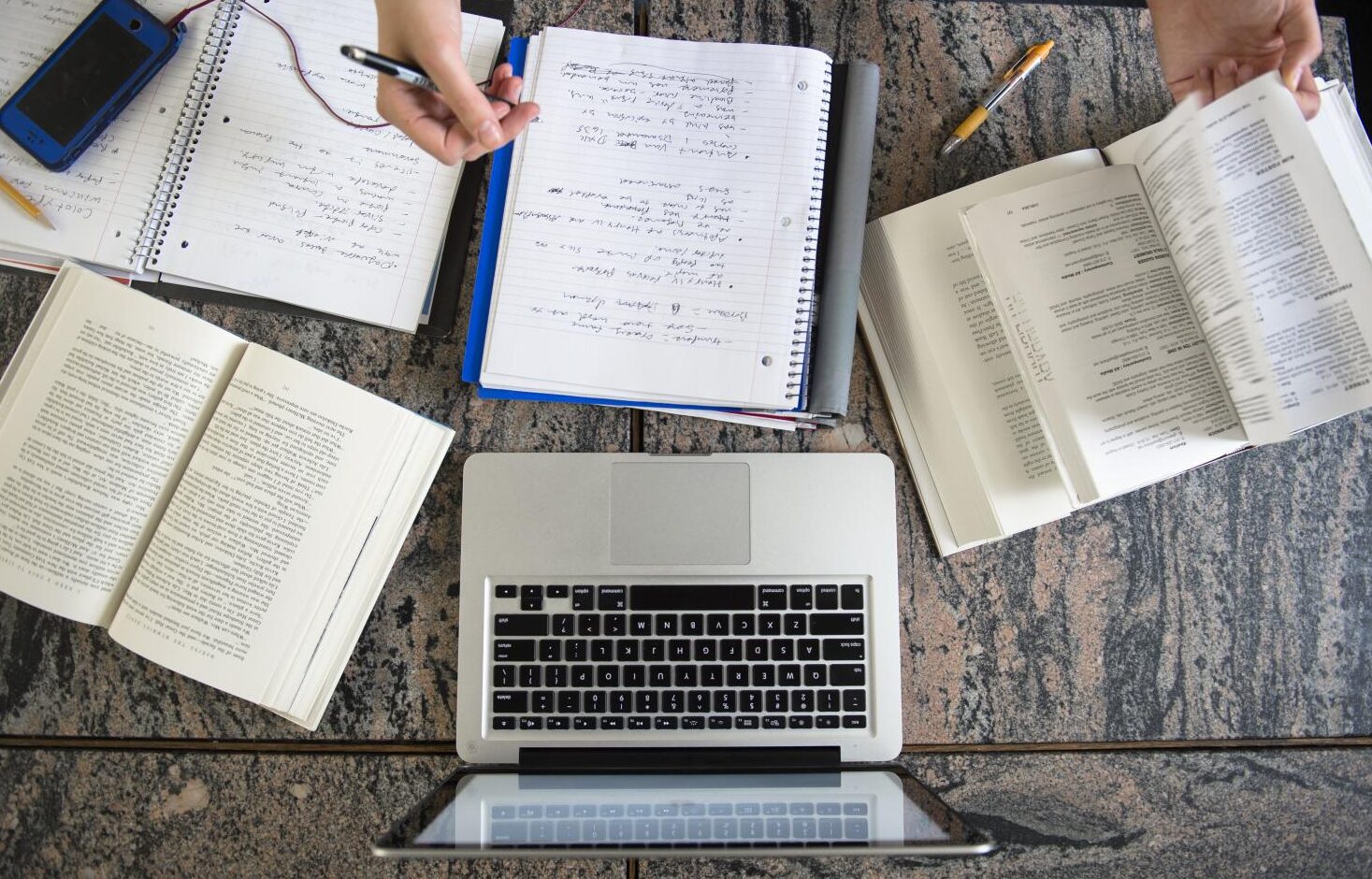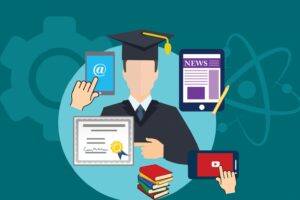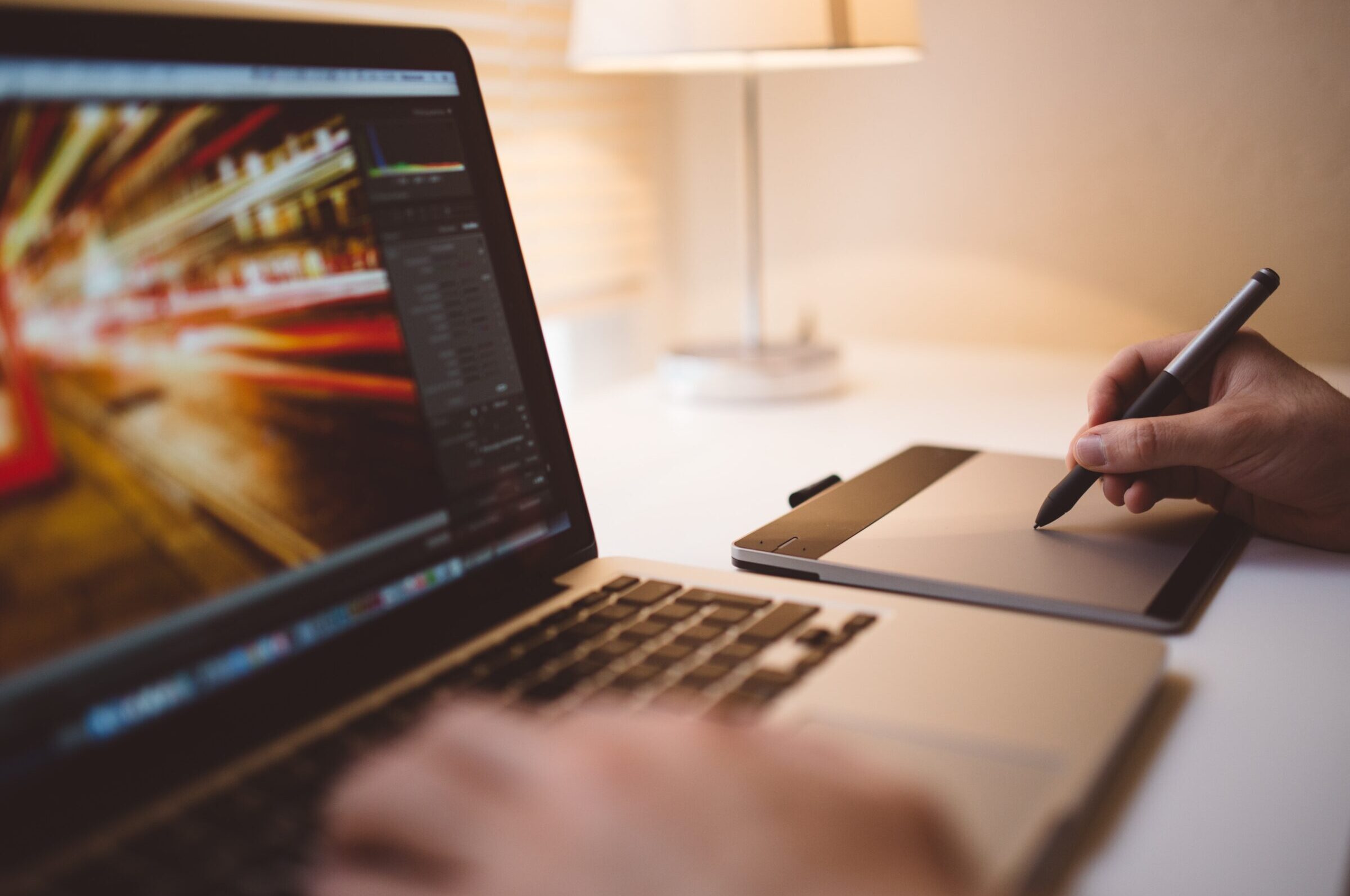Effective study techniques for improved learning
One effective study technique is to incorporate active learning strategies into one’s routine. Active learning involves engaging with the material by asking questions, solving problems, and summarizing key concepts . This approach not only helps to retain information better but also enhances critical thinking skills. Additionally, time management techniques such as setting specific goals and using active study techniques during a designated period can help improve focus and productivity. By using these strategies, students can better manage their workload and retain information more effectively.

Memory retention techniques can also greatly aid in the learning process. Techniques such as utilizing multiple ways of learning, teaching others what you have learned, and gaining practical experience can help solidify information in one’s memory. Additionally, incorporating hands-on activities, discussion assignments, and problem-solving tasks can further enhance retention. By using these techniques, students can improve their ability to recall information and apply it in real-life situations.
Various memory retention techniques can be used to improve the ability to recall information. Visualization techniques, such as creating mental images of the material, can help to remember large amounts of information quickly. Mnemonic strategies, such as using acronyms or image-name associations, can also aid in memory retention. Testing oneself strategically, using proper reading techniques, and focusing on one topic at a time are other effective memory retention techniques. By incorporating these techniques into one’s study routine, students can improve their ability to retain and recall information.
Tips for taking notes and organizing information
Effective note-taking strategies are crucial for retaining and organizing information while studying. Taking good notes can improve active listening, comprehension, and retention of material. One useful technique is to write down key facts and technical terms in your own words, as paraphrasing can help you better understand the material.

It is also important to avoid overdoing it with note-taking and instead focus on capturing the most important information. Additionally, utilizing technology such as note-taking apps or digital organizers can help streamline the note-taking process and make it easier to organize and access information. By implementing effective note-taking strategies, individuals can improve their ability to retain and recall information.
Organizing information is another important aspect of effective studying. One useful technique is the use of a prioritized to-do list, which helps individuals stay on track and prioritize their tasks. Another effective strategy is to create study guides by organizing notes into clear and concise summaries of key concepts. Additionally, using teacher handouts and supplementary materials can complement note-taking efforts and provide a more comprehensive understanding of the material. By utilizing organization techniques, individuals can better manage their study time and improve their retention of information.
Technology can also be a valuable tool for note-taking and organization. Digital note-taking apps and organizers can help individuals keep track of their notes and assignments, while also providing the ability to easily search and access information. Additionally, utilizing mnemonic strategies, such as visualization techniques, can help individuals remember large amounts of information more quickly. By incorporating technology and mnemonic strategies into their studying habits, individuals can improve their ability to retain and recall information, making their studying more effective and efficient.
Strategies for retaining information and recalling it during exams
Retrieval practice is a highly effective technique for retaining and recalling information during exams. This technique involves bringing information to mind and recalling it without the aid of notes or textbooks . Studies have demonstrated that practicing retrieval techniques can significantly improve long-term memory retention and recall . Some examples of retrieval practice techniques include quick fire quizzes, paper quizzes, silent self-quizzes, paired quizzes, and self-explanation . Incorporating retrieval practice into one’s study routine can lead to improved exam performance and long-term retention of information.

Mnemonic devices are another effective technique for retaining and recalling information. These devices create artificial but strong links to data, making recall easier. Examples of mnemonic devices include acronyms, acrostics, music mnemonics, and rhyming . Mnemonic devices are often taught in school to help students learn and recall information . By incorporating these techniques into one’s study routine, students can improve their ability to retain and recall information during exams.
Collaborative learning opportunities, such as study groups, can also be highly effective for retaining and recalling information. Study groups allow students to explain concepts to one another and ask questions as they go . Additionally, study groups can help students stay organized and focused . Teachers can also incorporate collaborative learning opportunities in the classroom by dividing students into expert teams to become experts on different segments of new material . Overall, incorporating collaborative learning opportunities into one’s study routine can lead to improved exam performance and long-term retention of information.










